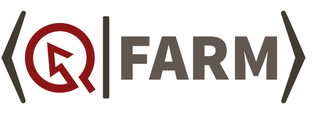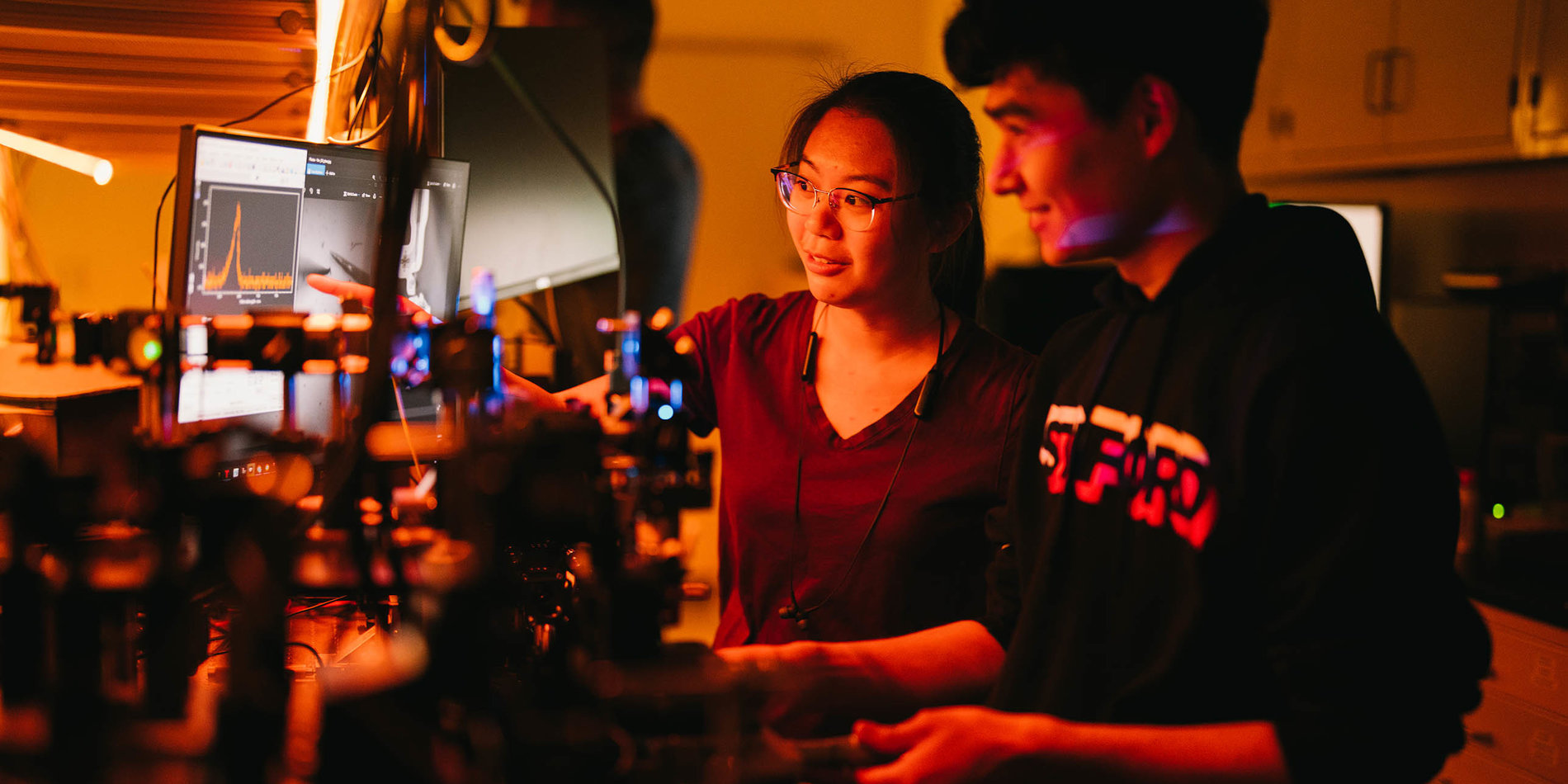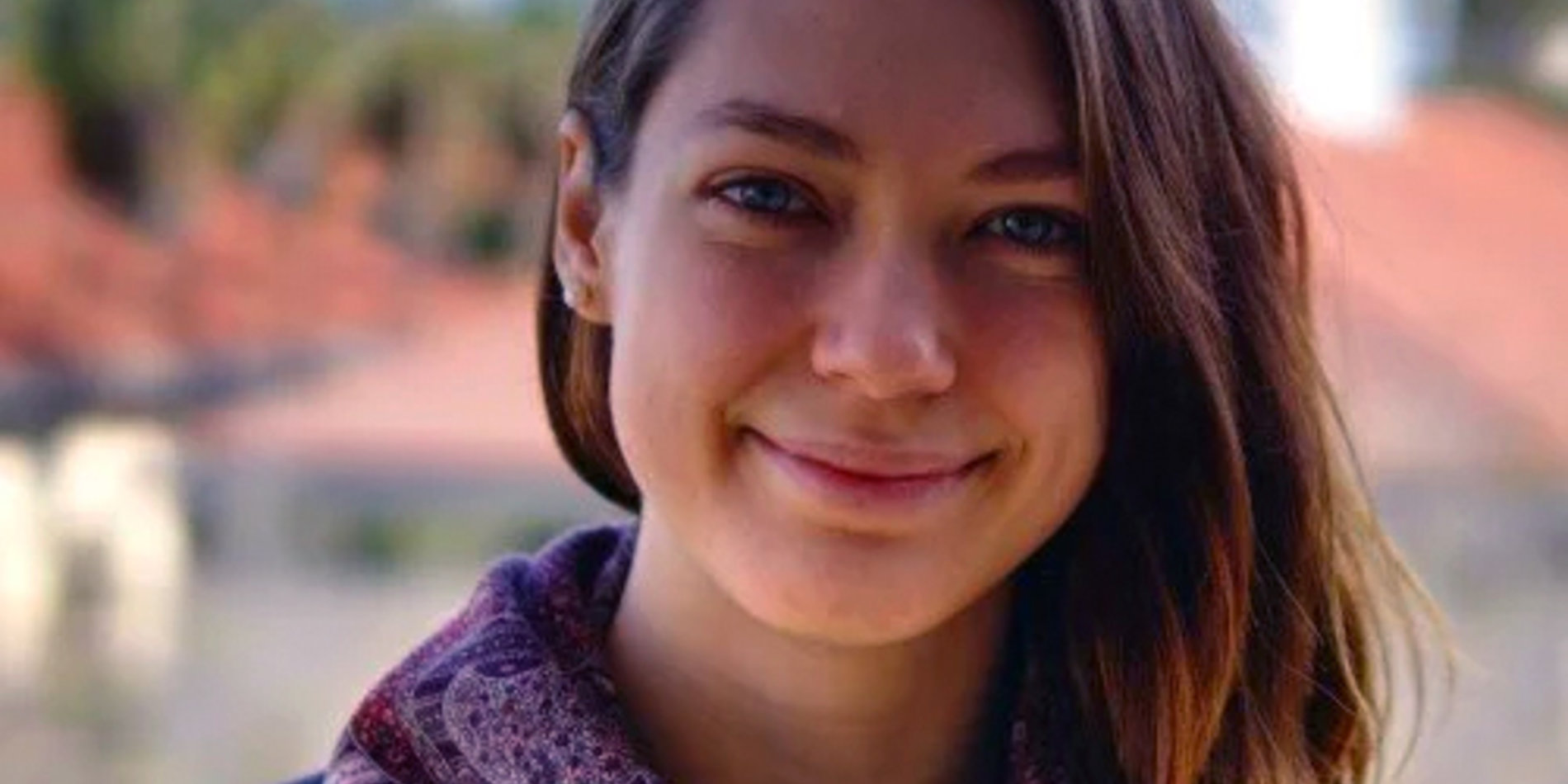Congratulations to the recipients of the Q-FARM Bloch Fellowship! Q-FARM's Bloch Fellowship awards two years of funding for up to six researchers, with an option for a third year.
The fellowship is named in honor of the late professor of physics, Felix Bloch, whose discoveries play a foundational role in the field. Professor Bloch, along with Edward Purcell (Harvard), received the Nobel Prize (Physics) in 1952 – Stanford’s first – "for their development of new methods for nuclear magnetic precision measurements and discoveries in connection therewith.” Felix Bloch came to Stanford in 1934 and became emeritus in 1971.
The 2020 Q-FARM Bloch Fellowship in Quantum in Science and Engineering recipients
- Shahriar Aghaeimeibodi's research is at the intersection of engineering and quantum physics. He works toward future quantum technologies made possible by advances in nanotechnology. Specifically, using nanophotonics as a powerful tool for performing quantum information processing tasks in applications such as quantum simulation, quantum computation, and quantum networking.
- Vahid Ansari's research interests are in scalable photonic networks for quantum computation and sensing.
- Anirudh Krishna's research brings together ideas from coding theory and physics to propose new designs to construct error correction schemes for scalable quantum computers.
- Tibor Rakovszky's research largely focuses on the intersection between the theory of quantum information and condensed matter physics. It has been understood in the past decades that many features of systems with interacting quantum particles are best described in the language of quantum information, using notions such as quantum entanglement. Tibor is interested in using and developing these tools to find universal characteristics of quantum states of matter. In particular, focusing on how quantum correlations evolve in time when one prepares an initial state that is far from thermal equilibrium. It has only recently become possible to study these situations experimentally, and there are many fundamental questions that are still waiting to be answered, some of which are connected to even more exotic topics, such as the behavior of black holes.
- Yijian Zou is interested in applying novel quantum information techniques, primarily tensor networks, to high energy physics and condensed matter physics. He is particularly interested in (i) simulation of conformal field theory with quantum critical spin chains, (ii) continuous tensor networks for quantum field theory and (iii) entanglement properties of topological phases.
Please join us in welcoming them to Q-FARM!




